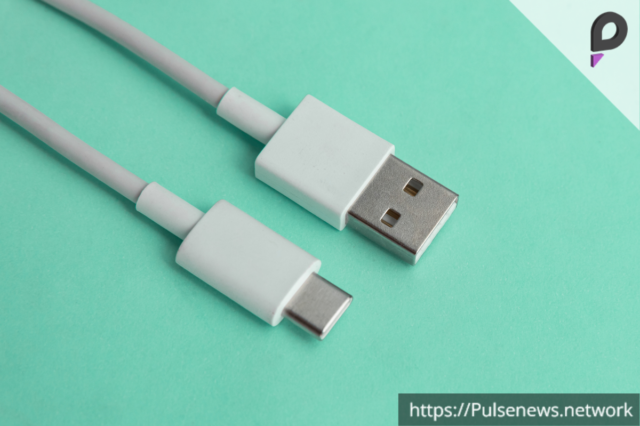Brussels: The European Union’s groundbreaking rules mandating a universal charger for electronic devices officially came into force on Saturday. This significant move, aimed at reducing electronic waste and simplifying charging needs, requires all new smartphones, tablets, and cameras sold within the 27-nation bloc to feature a USB-C charging port.
Simplifying Lives and Cutting Costs
The European Union Parliament announced on social media platform X, stating, “Starting today, all new mobile phones, tablets, digital cameras, headphones, speakers, keyboards, and many other electronics sold in the EU will have to be equipped with a USB Type-C charging port.”
The initiative is expected to make life easier for consumers by eliminating the need for multiple chargers and reducing costs associated with unnecessary accessories. Additionally, the regulation aims to tackle the mounting problem of obsolete chargers contributing to electronic waste.
Timeline for Compliance
Approved in 2022, the regulation granted manufacturers until December 28, 2024, to comply. While most devices had already adopted USB-C, Apple, known for its proprietary Lightning port, was initially resistant. The tech giant argued that the regulation could “stifle innovation,” but by September 2023, Apple began shipping devices with USB-C compatibility.
For laptop manufacturers, compliance with the universal charger mandate will be required by early 2026, giving them additional time to transition.
Environmental and Economic Impact
The European Commission estimates that the single-charger rule will save consumers approximately €200 million annually and cut more than 1,000 tonnes of electronic waste each year. The move has been widely welcomed as a step towards sustainability and consumer convenience.
A Decade-Long Journey
The EU’s journey toward a universal charger began over a decade ago with voluntary agreements among electronic device manufacturers. However, Apple resisted these agreements, citing innovation concerns, and maintained its proprietary Lightning port for its devices.
By enforcing this regulation, the EU has set a precedent for standardization in consumer electronics, aligning with its broader environmental and consumer protection goals.
The Future of Charging Standards
With the USB-C standard now firmly in place, consumers can look forward to more consistent and eco-friendly charging solutions. As the world’s largest smartphone seller, Apple’s compliance signifies a major shift in the global electronics market, reflecting the EU’s influential role in shaping industry standards.
“It’s time for THE charger,” the European Commission declared, emphasizing the end of charger chaos for millions across Europe.











